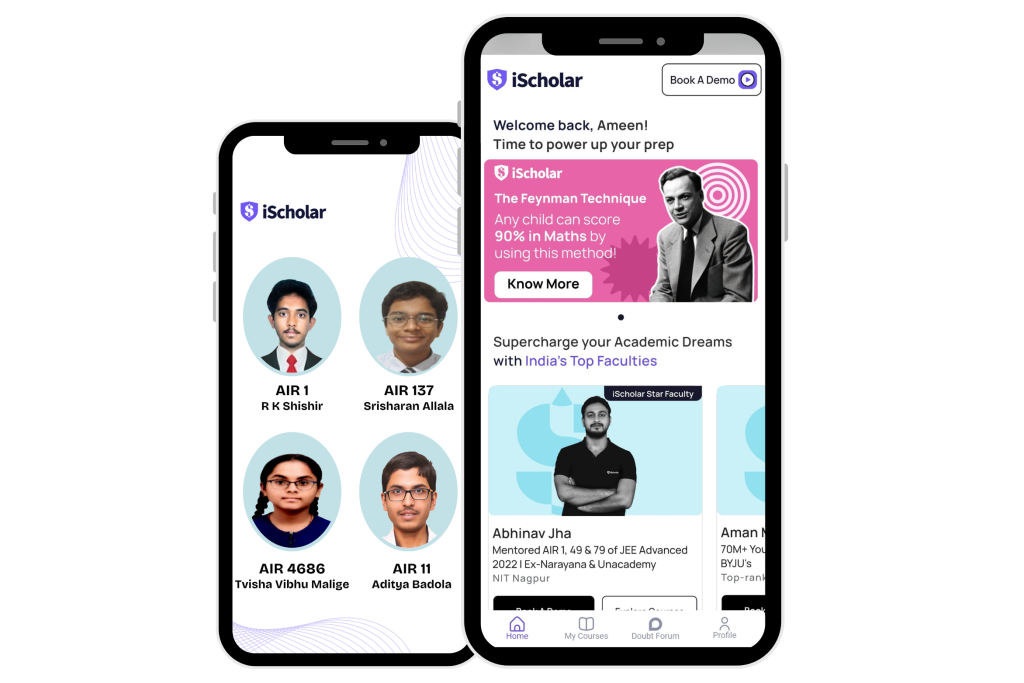As the Joint Entrance Examination (JEE) Main Session 1 approaches, many aspiring engineers are seeking effective ways to optimize their study time and make the most of every minute. While lengthy study sessions can be daunting, incorporating focused, productive 60-minute “JEE 2024 power hour” into your preparation strategy can yield significant results.
Why Power Hours Work
JEE 2024 Power hour is designed to combat the mental fatigue that often accompanies extended study sessions. By breaking down your preparation into manageable chunks, you can maintain concentration, enhance focus, and maximize your learning potential within a limited time frame.
Creating a Productive Power Hour
Set Clear Goals:
Before you begin, clearly define the objectives for your power hour. Whether it’s revising a specific concept, practicing a particular question type, or completing a targeted review, having clear goals will guide your focus.
Choose a Distraction-Free Environment:
Select a quiet, well-lit space free from interruptions, such as social media, television, or conversations. Having a dedicated study space will help you maintain focus and avoid distractions.
Gather Necessary Materials:
Gather all the materials you’ll need for your power hour, including textbooks, notes, practice papers, and stationery. Having everything organized beforehand will prevent time wastage during your study session.
Utilize the Pomodoro Technique:
Divide your power hour into 25-minute intervals, separated by 5-minute breaks. This technique, known as the Pomodoro Technique, promotes sustained focus and prevents mental fatigue.
Incorporate Active Learning Techniques:
Engage in active learning techniques that promote deep understanding rather than passive reading. Use mnemonics, create mind maps, or solve practice problems to actively engage with the material.
Seek Clarification When Needed:
Don’t hesitate to seek clarification when you encounter difficulties. Refer to your notes, textbooks, or online resources to resolve doubts and prevent misconceptions.
Reward Yourself:
After completing your power hour, take a short break and reward yourself for your focused effort. This positive reinforcement will encourage continued productivity.
Maximizing Power Hour Effectiveness
Prioritize Based on Strength and Weakness:
Allocate more power hour time to areas that require improvement while maintaining a balance with your strengths.
Track Your Progress:
Keep a journal to track your power hour progress, noting the topics covered and the time spent. This will help you identify areas for improvement and gauge your overall progress.
Incorporate Variety:
Incorporate different learning styles into your power hours to avoid monotony. Alternate between revising concepts, solving problems, and engaging in self-testing.
Maintain a Positive Mindset:
Approach your power hours with a positive mindset and a belief in your abilities. Stay motivated by your goals and celebrate your progress along the way.
Conclusion
Power hours, when implemented effectively, can be a valuable tool in your JEE preparation arsenal. By maximizing productivity within a limited time frame, you can enhance your understanding, improve focus, and achieve significant progress towards your engineering aspirations. Remember, consistent effort, strategic planning, and a positive attitude are the keys to unlocking your full potential in JEE Main





